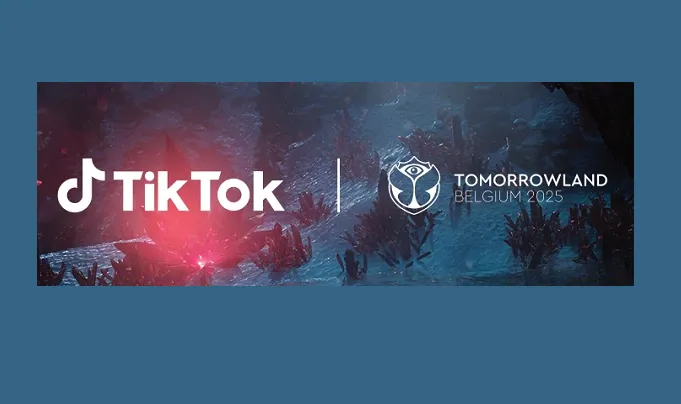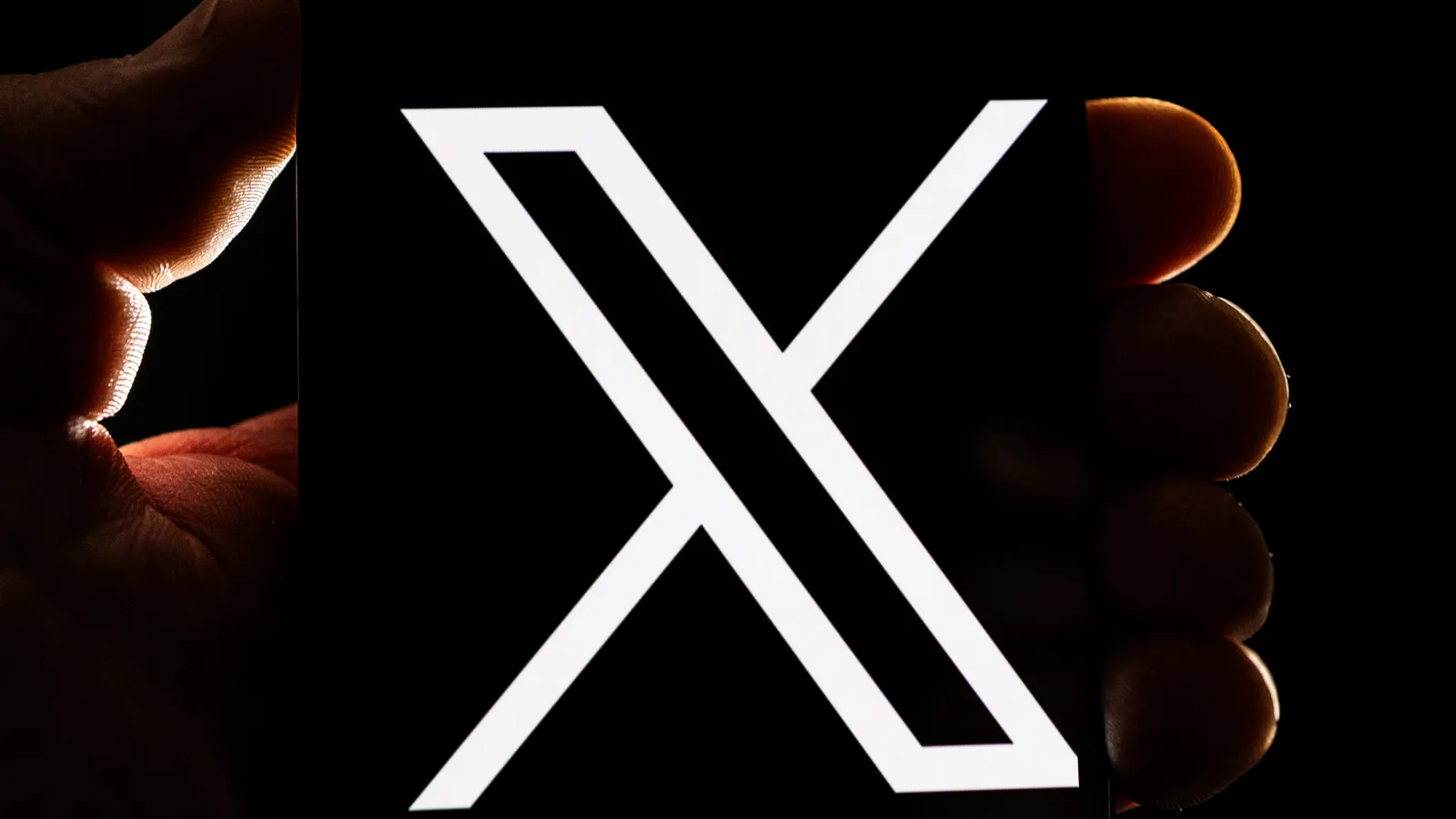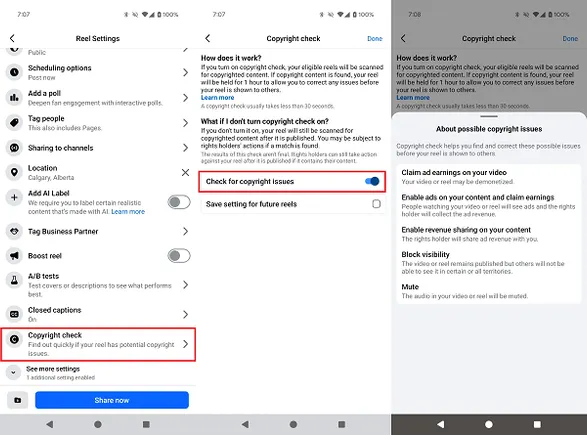# YouTube Lets Channels Share More Performance Data with Brands, Updates Authentic Content Detection
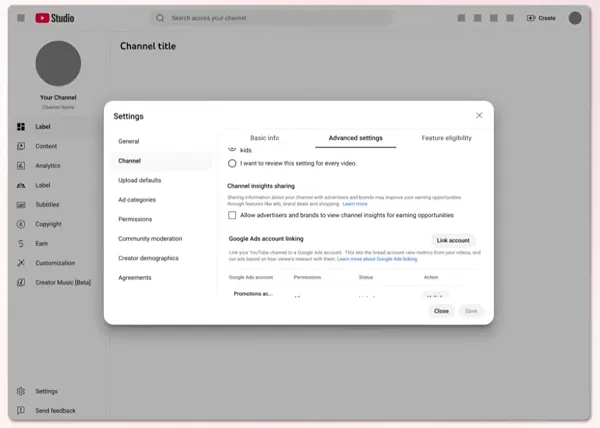
YouTube Lets Channels Share More Performance Data with Brands, Updates Authentic Content Detection
YouTube has provided more info on its new option that enables creators to share more of their channel performance data with brands, in order to drive more monetization opportunities.
As we reported earlier in the week, YouTube has started notifying channel managers in the YPP program that they’ll soon be able to share channel and audience data “to potentially be discovered by advertisers and brands for more earning opportunities.”
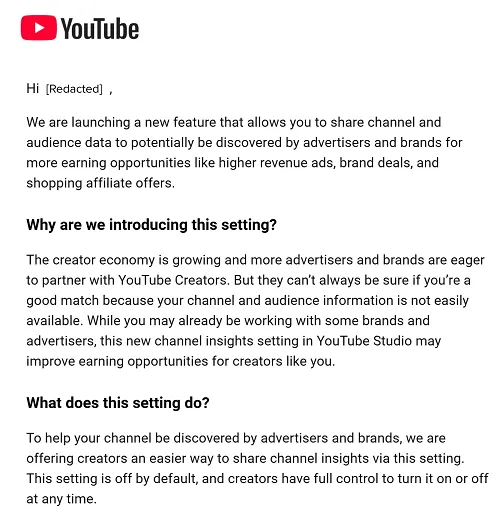
YouTube has now shared some more info on the program, which channels will be able to manage in their advanced settings in YouTube Studio.

As you can see in this example, the option will enable channel managers to share aggregated channel and audience insights, including subscriber counts, views, likes and comments.
You’ll also be able to share data on your audience demographics, as well as info on shopping tags, and the performance of your shopping promotions.
That’ll give advertisers more data to go on to make an informed decision about potential partners in the app, helping to better align their outcomes.
As explained by YouTube:
“The creator economy is growing, and more advertisers and brands are eager to partner with YouTube creators. But at times, it can be hard for advertisers to tell if a creator is the right match, because important channel information is not available to them. This setting aims to streamline data sharing across Google’s tools to enhance creators’ discoverability, and expand their monetization opportunities, while maintaining data control and transparency.”
YouTube says that this advanced data sharing is off by default, so creators won’t unwittingly be sharing this info with brands. But presumably, by making the option available, that’ll eventually prompt more creators to switch it on to increase transparency, and improve their chances of securing more sponsored content deals.
Brands can also access limited channel data through YouTube’s Creator Partnerships Hub to find potential creator matches, with this advanced data building on the existing channel insights.
On another front, YouTube’s also launching a new filter on the “Content” page in YouTube Studio that’ll enable creators to filter for product tags that violate YouTube’s guidelines.
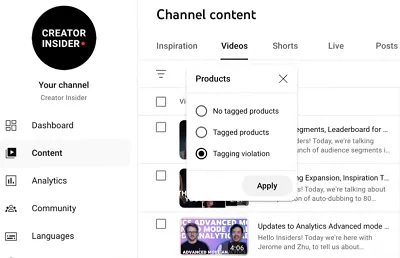
As you can see in this example, YouTube’s looking to ensure that creators in its Shopping Affiliate Program are abiding by the rules, and maximizing their opportunities, with a new way to track your listings. That could make it easier to stay across any potential errors with your product tags.
YouTube’s also announced an update to its enforcement of “mass produced” content, with improved detection measures now coming into effect.
“In order to monetize as part of the YouTube Partner Program (YPP), YouTube has always required creators to upload ‘original’ and ‘authentic’ content. On July 15, 2025, YouTube is updating our guidelines to better identify mass-produced and repetitious content. This update better reflects what ‘inauthentic’ content looks like today.”
Though YouTube’s keen to note that this is not a shift in policy, but rather an improvement in detection.
YouTube says that this is a “minor update” to YouTube’s longstanding YPP policies to help better identify when content is mass-produced or repetitive. This type of content has been ineligible for monetization for years, and is often considered spam, so YouTube’s now looking to improve its enforcement on this front, based on more recent posting trends.
So AI-generated content. Really, what this update will expand on is YouTube’s detection of AI-generated material, including fake movie trailers and the like.
Ideally, that will help more original content creators get more out of their efforts, as opposed to rewarding re-posters.
YouTube’s also launching new channel membership loyalty badges to celebrate ten years of member tenure.
“Now, in addition to the previously available badges, creators can upload badges for years six through ten. Up until now, channel memberships loyalty badges capped at five years, which is no longer sufficient for tenured creators in their dedicated members.”
YouTube recently celebrated its 20th birthday, so it makes sense that the platform is now offering longer-term channel loyalty markers.
Finally, YouTube’s adding pull-to-refresh functionality on Channel pages.
“For those not familiar, this allows creators to pull content on the page down to refresh, rather than having to exit the channel page entirely to make sure the content is up to date. This will work across all tabs on the channel page.”
A simple, but helpful tweak to round out the platform’s latest collection of updates.
If you want to read more like this article, you can visit our Social Media category.

